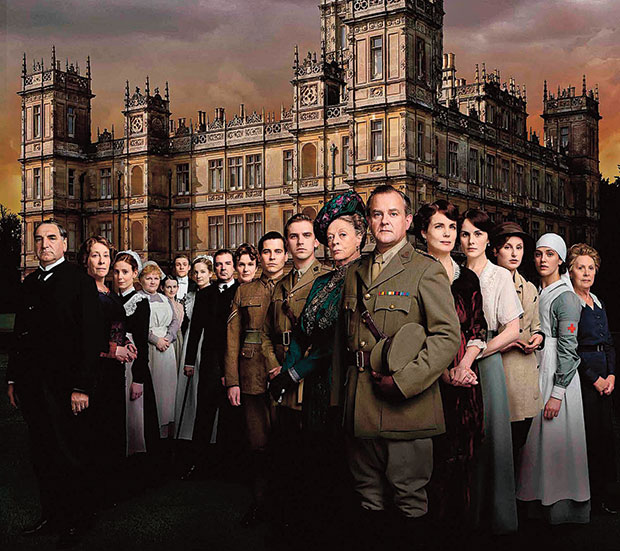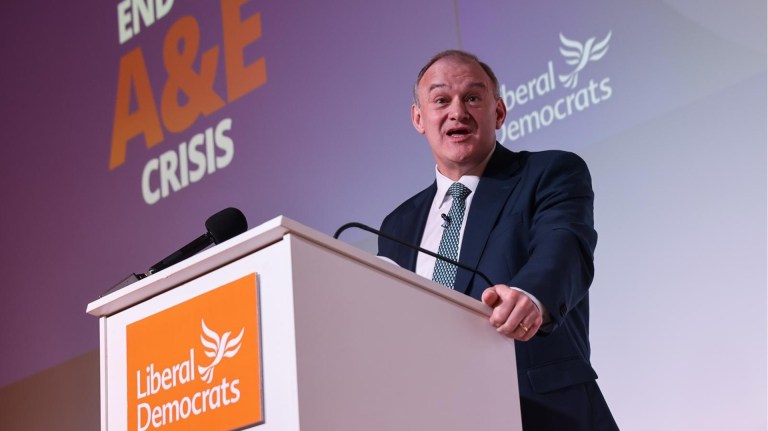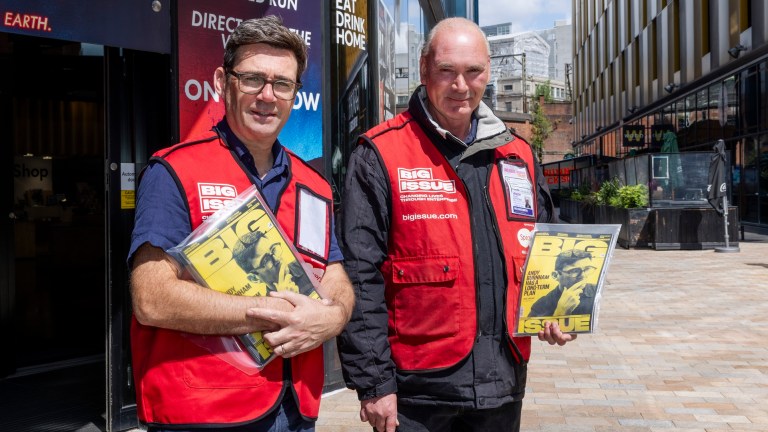I wasn’t happy as a teenager. I was overshadowed by my next brother up. He was handsome and looked like an actor called Terence Stamp. I did not look like Terence Stamp, I was quite plain. After I was in a car crash at 15, I missed a term from boarding school and was at home doing nothing. That made me examine my life.
Between 15 and 18 I completely reconstructed myself. When my aunt’s husband died, she turned their Colombian country house into a summer camp and asked to borrow one of us. My father worked for Shell and got me a cabin on an oil tanker. There were no other passengers, so for two weeks I had another incredible period of introspection. I was going to stay with people who didn’t really know me, and realised I could get off the boat as anyone I chose to be. Having been a social failure, I bounced off the boat as the life and soul of the party and spent two months riding, swimming and dancing at the disco. This new version of me was much less depressing than the sad fatty sitting in the corner. I decided that is who I’d be when I got home.
If you feel you have been born at the bottom and that is where you are staying, that is intolerable.
I had a crush on Audrey Hepburn. Everyone did. And I was rather keen on Hayley Mills. She was in my first West End show, and you couldn’t meet a nicer person. It was like completing the circle, imagining at 14 that I would like her, then finding out at 23 that I did.
My father was a bluff, tweed-clad colonel type but he was film-obsessed. We would watch films then have high tea with sausages and discuss them: what were the good points, why didn’t you like the heroine? That was all rooted in me. He hoped I might be a diplomat but I was so not what the Foreign Office was looking for in the 1970s.
My mother didn’t mind. She was a sort of anarchist. I remember telling her: “I’m going to drama school to be an actor.” After a long silence, she said: “Don’t tell your father.” That summer I went away for two months – as I drove out of the gates, she told my father, knowing he couldn’t stay angry at me for that long.
Anthony Hopkins was an important influence. At drama school it is all about the stage. I was cast in a television show with Tony. He told me: “You are coming to the first day of filming as if it was the start of stage rehearsals. It is not. It is opening night. What you do will be on the screen in six months.” He also helped me see that working in camera drama was legitimate, not some poor second place.










